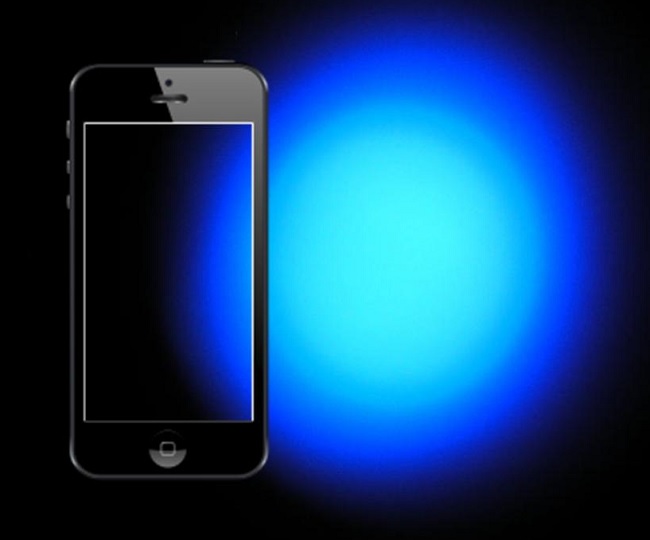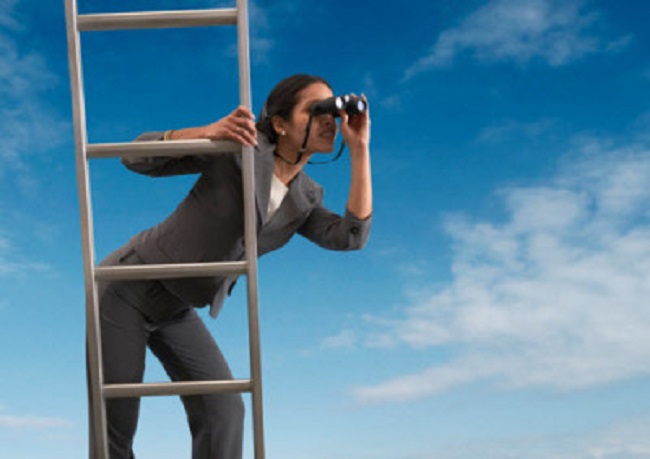These two companies have come together to make it possible for retailers to engage shoppers with LED.
GE Lighting and ByteLight have announced their next generation use of LED lighting fixtures which will provide retailers with the opportunity to be able to communicate with the smartphones and tablets of consumers while they are in-store, through the use of geolocation technology.
The GE LED infrastructure could give retailers the chance to offer exciting location based services.
This innovative geolocation technology based solution uses the IS series of the Lumination™ LED Luminaire from GE. It will be unveiled in Las Vegas, this week, at the LIGHTFAIR® International 2014 at the company’s booth. The purpose of using the lighting for this reason is, according to GE, one way for retailers to “go beyond the traditional ROI of energy and maintenance savings to fundamentally change the way people shop by combining data with location.”
The indoor geolocation technology from ByteLight is embedded within the LED fixtures from GE.
Those LED lights will then be able to provide retailers with a number of different applications, such as the ability to identify exactly where consumers are located through the use of an opt-in mobile app that is powered by ByteLight.
This solution is based on a combination of Bluetooth Low Energy (BLE) and Visible Light Communication (VLC), as well as inertial device sensors. It is capable of supporting any smart device – such as smartphones and tablets, and perhaps wearables such as smartwatches, too – that is equipped with Bluetooth® Smart technology and/or a camera. This way, retailers will be able to reach customers within the broadest possible space, such as from the parking lot to any location within the store; anywhere that LED light will shine.
This gives retailers the opportunity to use their GE LED lighting for a continual ROI as they use the geolocation technology (as well as the required lighting of the store, itself) to formulate a strategic platform for the creation of tomorrow’s entirely connected retail shop. This could potentially help to enhance the size of in-store traffic while improving the overall shopping experience for consumers.
According to a keynote speaker at the IAB conference, this tech has tremendous potential when used properly.
Sonia Carter, the head of digital and social media in Europe for Mondelez, spoke at the recent IAB conference with regards to the use of geolocation technology, telling brands that while the use of this location based targeting is a “massive” step for the mobile channel, but she also cautioned them not to dive in head first.
The primary warning was over forms of location based technologies that track consumers.
The recommendation that was made by Carter was to proceed with caution in terms of the use of geolocation technology that tracks the position or behaviors of consumers and that these brands should place a greater investment into testing what does and does not work for those shoppers. In a published interview with Carter, she stated that location based tech such as iBeacon – which use geofencing and track the movements of a customer in order to be able to better target various forms of ads and promotions – are all quite useful. However, at the same time she felt that a greater amount of research is necessary in order to avoid making consumers feel alienated.
Geolocation technology has a great amount of potential but could be off-putting to consumers if used incorrectly.
 Carter explained that it is “incredibly useful” to know exactly where a consumer is physically located. At the same time, she warned that “It’s really exciting but we have to be very cautious and do more testing and learning to see whether consumers want us to do that.” It is important for brands to start to test various uses forms of use for the tech and to share what is discovered so that the industry as a whole will be able to better understand just what consumers want.
Carter explained that it is “incredibly useful” to know exactly where a consumer is physically located. At the same time, she warned that “It’s really exciting but we have to be very cautious and do more testing and learning to see whether consumers want us to do that.” It is important for brands to start to test various uses forms of use for the tech and to share what is discovered so that the industry as a whole will be able to better understand just what consumers want.
When she spoke, she pointed out to the event attendees that “It’s really important we work together rather than screw things up for all the people in this room.” This came as an important reminder that while geolocation technology is exciting, it also involves some very personal data that many consumers consider to be quite sensitive. Used properly, the sky is the limit, but used wrongly, it could put consumers off the use of the tech, completely, and eliminate this opportunity in its entirety.


 Carter explained that it is “incredibly useful” to know exactly where a consumer is physically located. At the same time, she warned that “It’s really exciting but we have to be very cautious and do more testing and learning to see whether consumers want us to do that.” It is important for brands to start to test various uses forms of use for the tech and to share what is discovered so that the industry as a whole will be able to better understand just what consumers want.
Carter explained that it is “incredibly useful” to know exactly where a consumer is physically located. At the same time, she warned that “It’s really exciting but we have to be very cautious and do more testing and learning to see whether consumers want us to do that.” It is important for brands to start to test various uses forms of use for the tech and to share what is discovered so that the industry as a whole will be able to better understand just what consumers want.